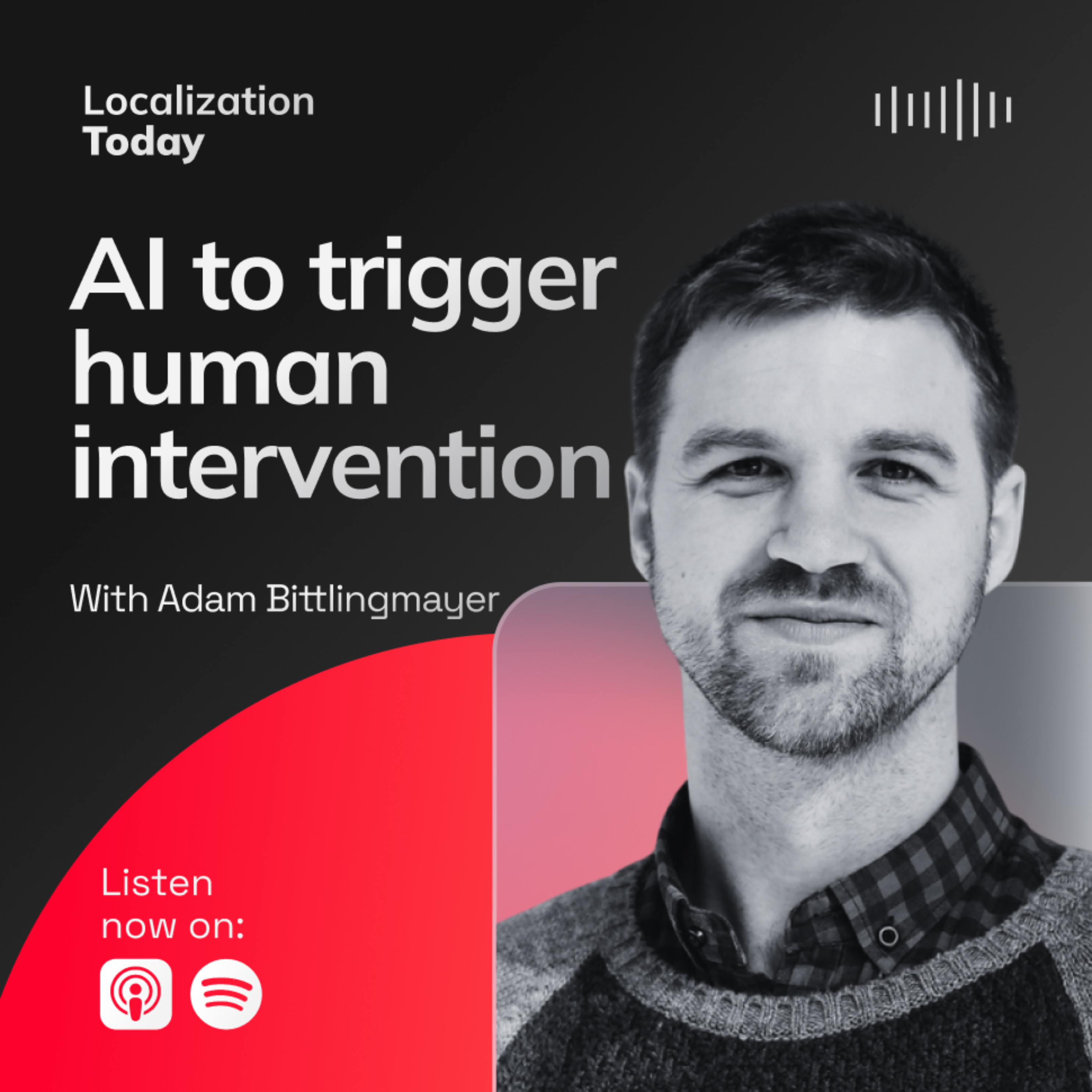Episode Transcript
[00:00:00] Developing emotional resilience in translation and interpretation by fam Hoheap, you receive a call to rush to the emergency room for interpretation. Upon arriving, you see a vietnamese mother holding a baby and crying uncontrollably. The american doctor informs you that the babys condition is dire and that he might not make it through the night. You relay the doctors words to the mother. As you exit the room, youre approached by the babys aunt, who was seeking updates on the situation.
[00:00:30] What should you do? This scenario could very well be a question posed in interpreter exams across the United States. Seasoned professionals would certainly answer that revealing confidential information without consent violates ethical standards. Such breaches could have severe consequences, including legal repercussions. Yet despite the correct response being to maintain confidentiality, the reality often diverges. It is not uncommon for interpreters to find themselves overwhelmed with empathy, embracing the grieving end as they depart the emergency room. In moments like these, emotions can blur the boundaries of professionalism.
[00:01:10] You might find yourself saying, the baby is so beautiful. How tragic. This scenario of relaying distressing news in a hospital setting exemplifies the tightrope the translators and interpreters walk. Moral distress, characterized by feelings of powerlessness and ethical conflict, is all too common in our profession. Additionally, the emotional toll of witnessing human suffering can be profound. Reflecting on the translation projects ive been part of over the past decade, I often ponder how many sorrowful narratives ive encountered, how many of these endeavors brought financial rewards but left me emotionally drained.
[00:01:48] Vicarious trauma vicarious trauma, also known as compassion fatigue, happens when people experience emotional strain from regularly hearing about traumatic events. Intraprettas, whose work often involves distressing situations, are especially at risk. However, translators can face similar challenges when dealing with sensitive texts. Prolonged exposure to distress can affect the brain, leading to symptoms like anxiety, depression, and burnout. After witnessing and hearing about tragic events, interpreters or translators may feel dizzy, nauseated, or fearful. They might have nightmares, difficulty concentrating, or shake and tremble. Other symptoms include social withdrawal, aggression, and difficulty in relationships.
[00:02:36] Coping strategies despite the inherent challenges of the profession, translators and interpreters can cultivate resilience through self awareness and adaptive coping strategies, learning to recognize their own needs and better manage their stress. Over time, I have discovered coping strategies that work for me. Engaging in conversations with friends who work in similar settings, like healthcare professionals, has been invaluable. I've learned that simple activities like taking a leisurely stroll in a quiet neighborhood or meditating in a buddhist temple can be remarkably soothing. Music, too, has proven to be a powerful source of comfort during challenging times. Ive also learned when to say no to emotionally tough tasks. For instance, when I work on a cognitive debriefing project, which examines questionnaires designed for patients with terminal diseases, I limit the number of interviews I do with dying patients within a short period of time. Finally, we can also look for paths to vicarious transformation and positive growth from our experiences. For example, instead of focusing on the sad aspects of a cognitive debriefing project, I remind myself that these tools gather crucial data to improve treatments and therapies.
[00:03:53] Ensuring that patients understand the translated questionnaire is my humble way of easing suffering in the world, even if its just a small contribution. Additionally, interacting with people who suffer from serious illnesses helps me foster a deeper appreciation for my own well being and for that of my loved ones, as well as the privileges of my more fortunate life.
[00:04:15] Training and support other types of professionals like doctors, police officers, and social workers, often receive formal training on how to maintain composure and emotional stability in intense situations. But interpreters and translators frequently find themselves immersed in heartbreaking stories without proper training, bearing the burden alone, and shedding tears in solitude. In the face of these circumstances, interpreters and translators need better support mechanisms. Professional groups, schools, and others shaping our field can help translators and interpreters by encouraging open discussions about tough ethical questions.
[00:04:55] Conclusion as interpreters and translators, we often find ourselves torn between our duty to uphold ethical standards and our natural inclination to show compassion, especially in deeply emotional moments.
[00:05:09] Navigating this delicate balance can be challenging, but its crucial for our mental and emotional well being. We need to prioritize self care and reach out for help when we need it. By doing so, we will not only excel in our work, even in the defussed emotional situations, but also embark on a journey of self discovery and growth.
[00:05:30] This article was written by Fam Hoheeth, a seasoned language professional with over 15 years of experience.
[00:05:37] His expertise spans translation, editing, English to vietnamese language consulting and translator training across diverse settings in New Zealand, Australia, the US, and Vietnam. Originally published in multilingual magazine, issue 230, 1st August 2024.


